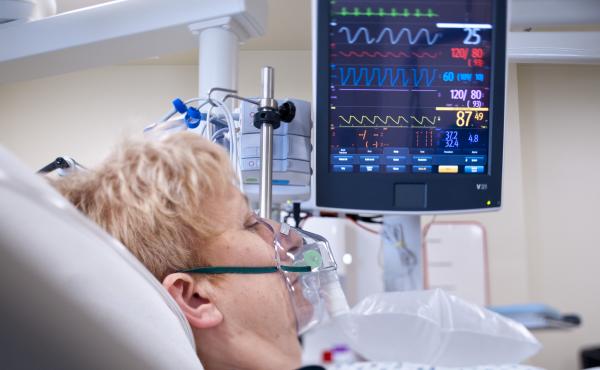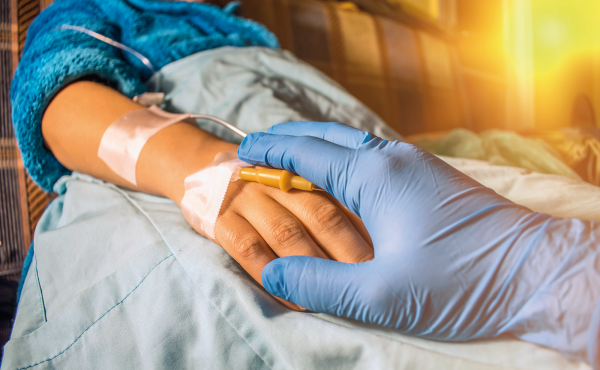What is Intensive Care?
An Intensive Care Unit is a specialised area in the hospital
Intensive Care, also known as critical care, is a place in every acute hospital that manages patients who are critically ill. Critical care is normally divided into two units, a Higher Dependency Unit and an Intensive Care Unit (although they may physically inhabit the same floorspace).
Intensive Care Units (ICUs) are for patients who need additional support that cannot be provided in a normal ward setting.
Guidance
Intensive Care can be a difficult experience for both patients and their families. Fortunately, there are a number of resources online to help support and prepare you. The websites Critical Care Recovery and ICU Unwrapped both offer a range of information and FAQs. ICUsteps is the leading intensive care support charity in the UK and among their guidance documents is a Guide to Intensive Care, which contains a lot of very useful information for patients and families.
Why have I been admitted to intensive care?
Patients admitted to intensive care are usually critically unwell. They often require support for one or more of their vital organs such as their lungs, heart or kidneys.
Patients who are not critically unwell may be admitted to intensive care if they require very close monitoring, such as after major surgery.
Which patients go to critical care?
150,000 patients a year in the UK need to be admitted to a critical care unit. Our patients are usually either critically unwell or are in the recovery phase of a critical illness. Often patients will require support for one or more of their vital organs such as their lungs, heart or kidneys. Sometimes patients who are not critically unwell are admitted if they require very close monitoring.
The critical care team
Critical care units have much higher staffing levels than other wards because of the patients they care for. Our team includes doctors, nurses, physiotherapists, pharmacists and support staff. The main goal of our team is to provide the best possible care and support for all our patients and their families.
Critical care nurses look after one, or at the most two patients at a time. Often they are constantly at the patient’s bedside, particularly in the early stages or if the patient is very unwell. Whilst at times they may be required to observe other patients for short periods, our patients are constantly being monitored.
The medical team is led by our consultants. They formally review all our patients at least two times a day on ward rounds, and often more frequently than that. Doctors are always present on the unit and a consultant is on duty, day and night.
Understanding
We believe that an important part of our work is to try and help patients and their families understand what is happening throughout their illness. Being a critical care patient is often a very confusing and frightening experience. We hope to be able to help you understand what is happening at all stages. If you have questions about the care that you or your relative is receiving please let the team know and we will update you as soon as we can.
Want to know more?
See our full range of patient resources.



